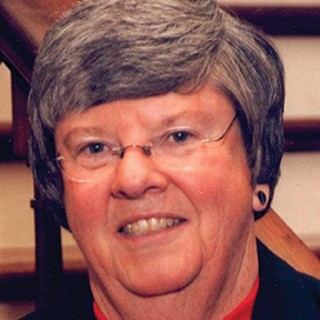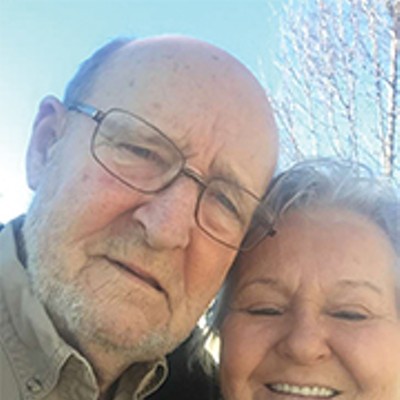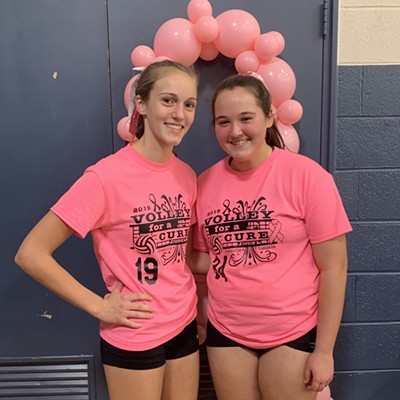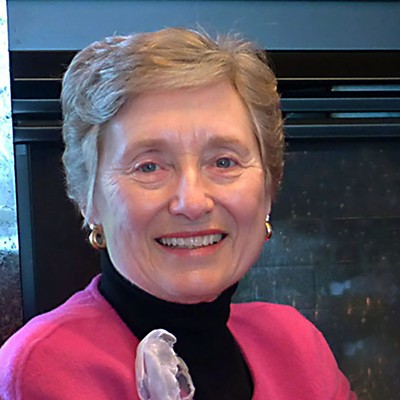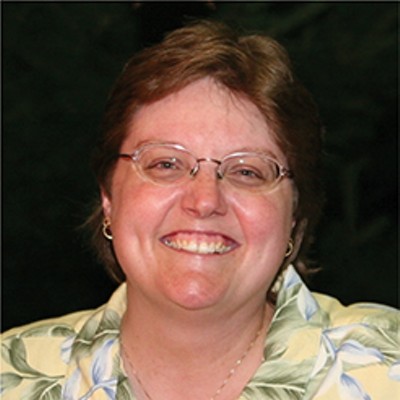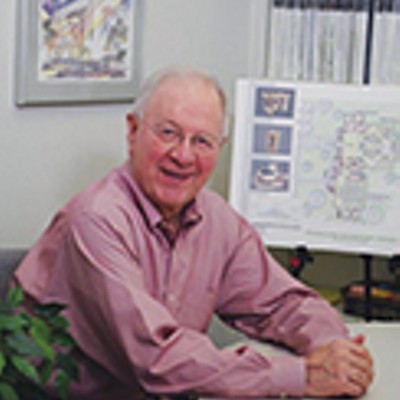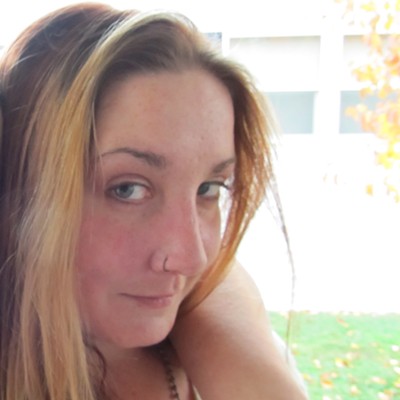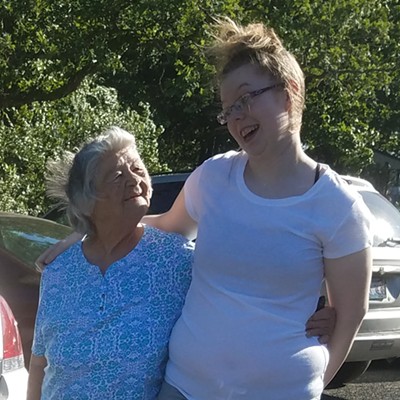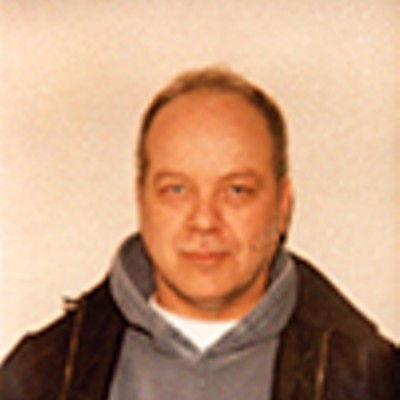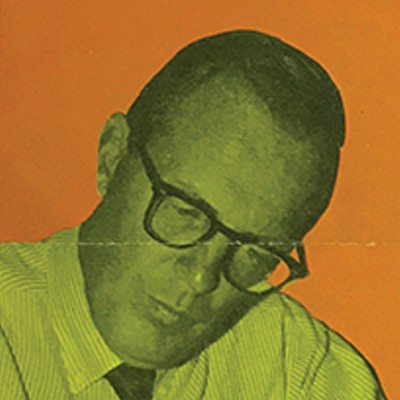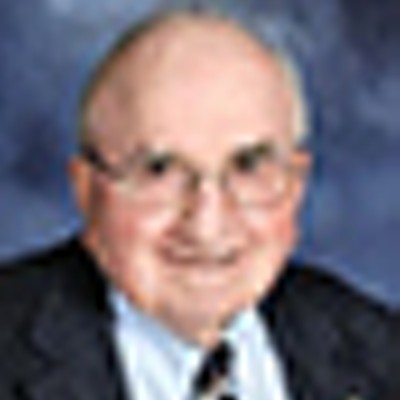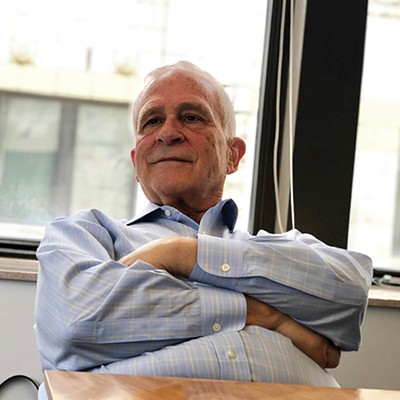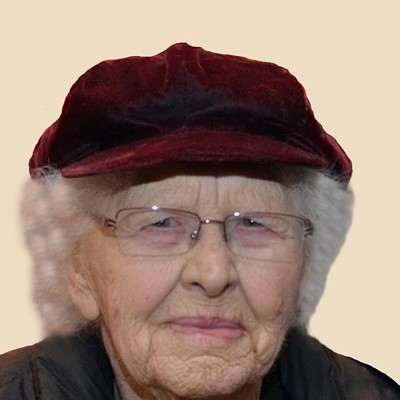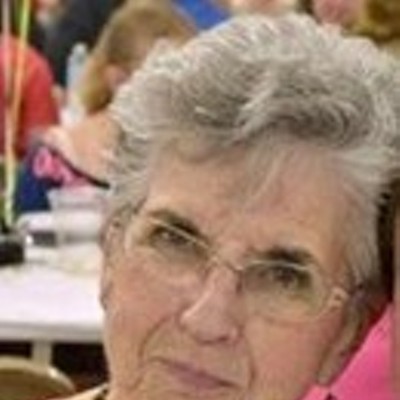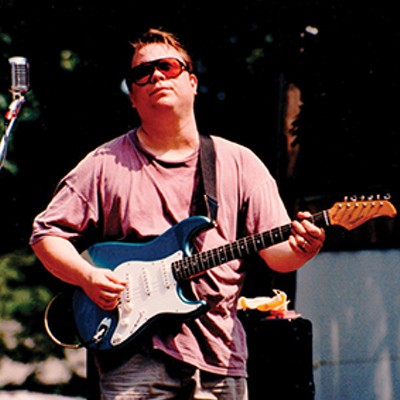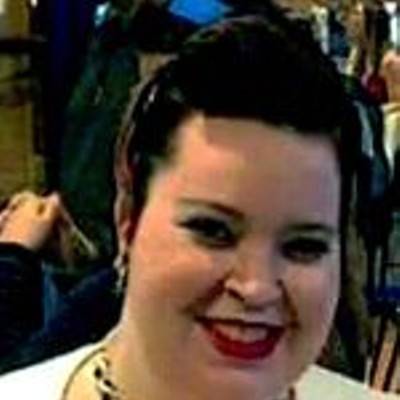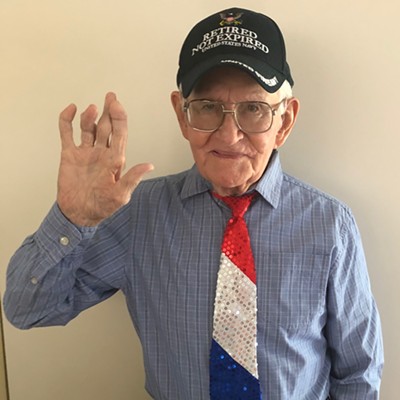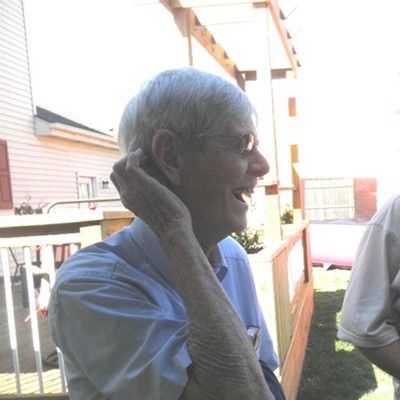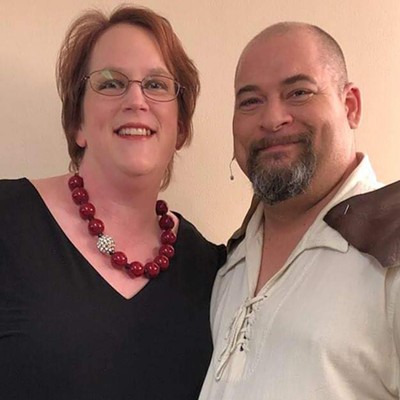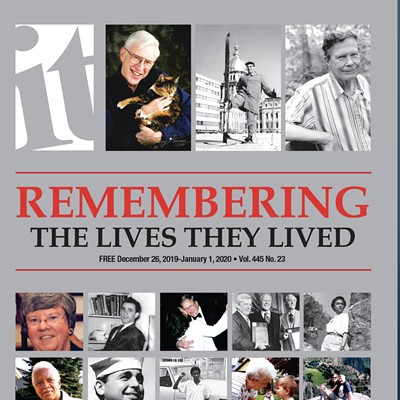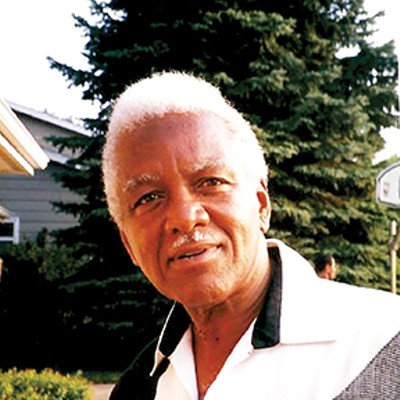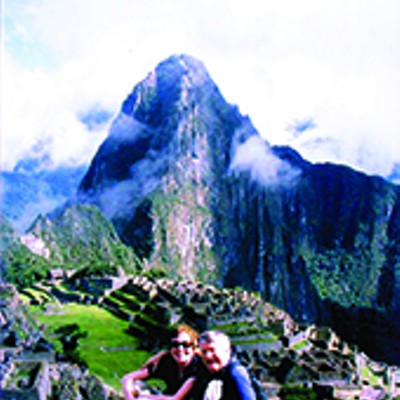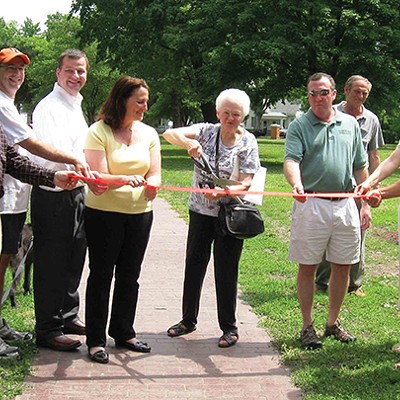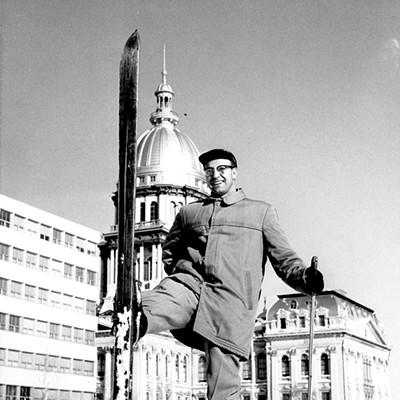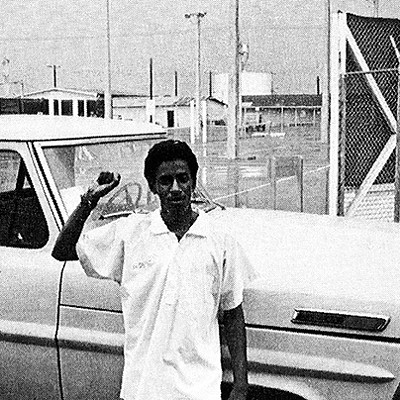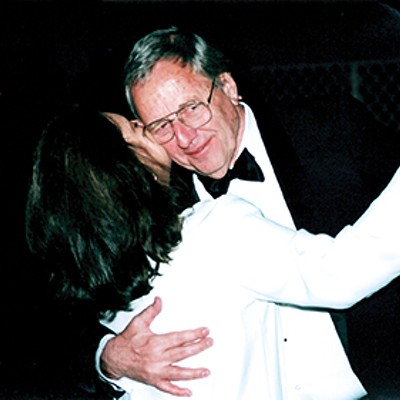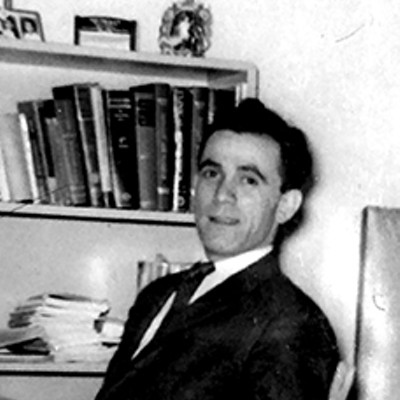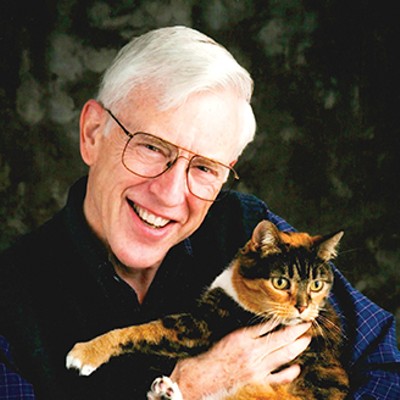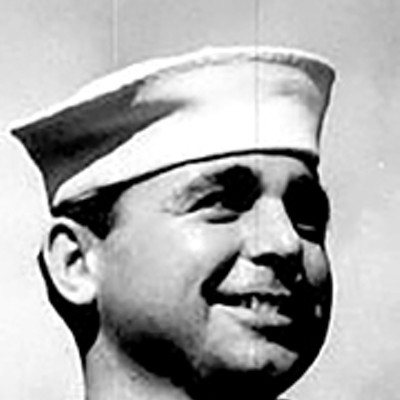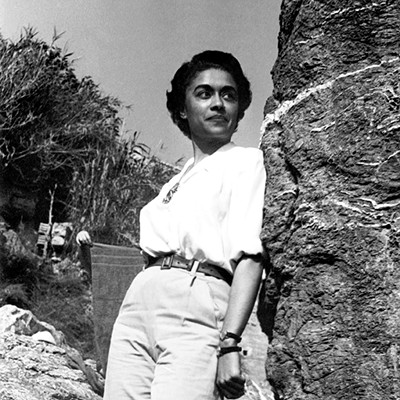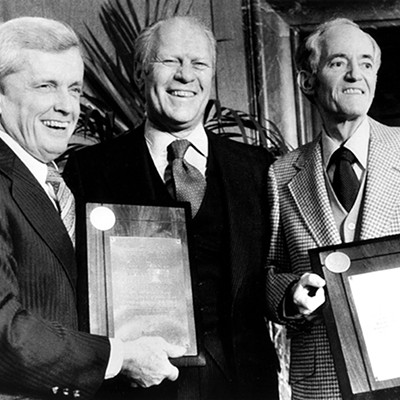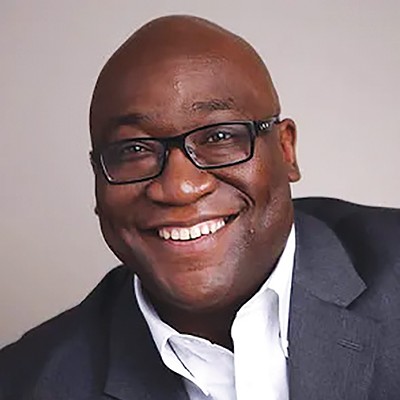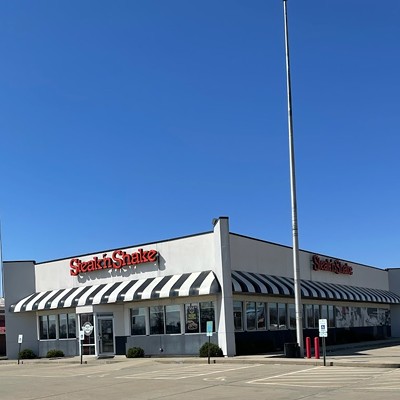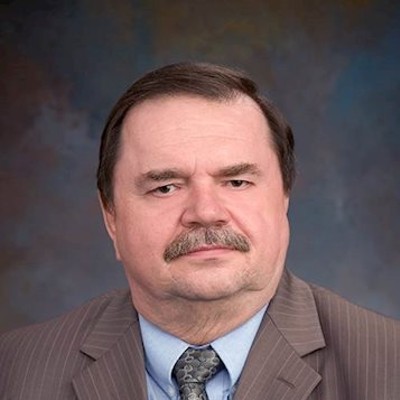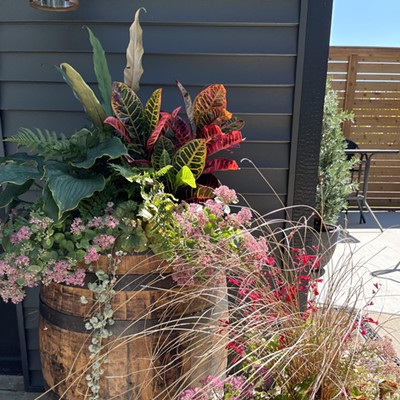Jeanne Scott's was a lifetime of firsts.
First female prosecutor in the Sangamon County state's attorney's office. First woman to become a Sangamon County Circuit Court judge, and the first woman appointed to the federal bench in the Central District of Illinois. She came from a family of lawyers, but Scott was no ordinary attorney.
"If she was going to be a lawyer, she was going to end up a judge," says retired Sangamon County Associate Judge Steven Nardulli. "She was a rare combination of being really, really smart and really caring about people. When you put that into a judge, great things happen."
She also had a Dennis Rodman streak.
Retired Sangamon County Associate Judge John Mehlick first encountered Scott during a pickup basketball game at a backyard barbecue with colleagues when he was just starting out in the state's attorney's office. He was set for an easy rebound when, bam, an elbow jabbed his chest. Then a hip check moved him out of the way and, just like that, Scott grabbed the ball. She was four inches shorter than him.
"'Who is this woman?'" Mehlick recalls thinking. "I was like, 'This is a woman I need to give to give some due deference to.'"
They became friends and remained that way until Scott's death from frontotemporal degeneration, a form of dementia.
After graduating first in her class at Sacred Heart High School, Scott earned a bachelor's degree from Bradley University, then got her law degree from Northwestern University School of Law in 1973. She was appointed to the state bench in 1979 after five years as a prosecutor and a year in private practice, starting out as an associate judge assigned to family court. Nardulli figures that might have been one of the toughest parts of a judicial career that ended in 2010, when she retired after a dozen years on the federal bench.
"You spend all of your day listening to people explain their mistakes and watching them make the same mistakes over and over and over again," says Nardulli, who was a family court judge himself. "They're so frequently hurting other people with their bad judgment, especially children. It was hard for her to comprehend repeated stupid behavior."
But Nardulli and others say she always kept her cool.
"I cannot recall her ever raising her voice," Nardulli says. "She always found a way to express herself calmly, even when she was angry. She would confess it later to colleagues, but you never saw it in a courtroom."
She knew that she'd reached heights never before achieved by a woman in local legal circles, but didn't crow. "I never heard that woman, once, in the 47 years I knew her, say 'I'm going to show people,'" Mehlick says. "She had no ego. She accomplished all of these wonderful things by never going after it with an ego."
She was brilliant but in a quiet way, local lawyers say, the sort who could move a conversation along, then step back and allow others their say. She was known for being as prepared as barristers who appeared before her.
"She was smart as hell," recalls attorney Peggy Ryan. "Was she a role model for women practicing law in this community? Absolutely. She had this fabulous demeanor. You just wanted to do well when you were in front of her. You knew she was doing her job well, and you wanted to do yours well."
Federal trials are fairly rare, but Dan Fultz, a criminal defense attorney, got lucky straight out of law school and had his first four trials in front of Scott. She called a sidebar during the first while he was cross-examining a witness.
"She said, 'I don't have time to explain to you, now, why this is a bad idea, but you might want to withdraw that question – you're going to get into an area that you're going to regret,'" Fultz recalled the judge telling him. "She was, basically, mentoring me." He lost that trial as well as the next three. Scott, he remembers, summoned him after the fourth, even though there was nothing official left to say. "She told me, 'I must say I've seen a lot of improvement since the first day you worked in here – keep working,'" Fultz says.
Fultz last saw Scott at a luncheon at the Sangamo Club, where, after retirement, she gave a speech about the importance of the law and a lawyer's place in society. "She got very emotional," Fultz said. "She broke down and cried. I'd never seen any emotion from her, ever."
Scott's passions extended beyond the law. She loved the St. Louis Cardinals and a good joke. Mehlick recalls Scott taking him to her hotel suite during a legal conference to show him what a fine room she'd been assigned. It was early in the morning, he remembers, and just as they were departing Scott's quarters, another conference attendee, someone important, came out of his room across the hall and saw them. He said nothing, but, judging by the expression on his face, drew the wrong conclusion. Scott didn't discourage the attention. For the remainder of the conference, Mehlick said, Scott shot him fawning expressions whenever she knew people were looking.
Plenty of folks were looking the day that Scott, an avid but horrible golfer, found herself in a bunker bordering the 18th green at Illini Country Club. It was an impossibly deep sand trap, the sort where a duffer needs to look for the flag to find the hole. And a crowd of men, assembled for a tournament just ready to start, was watching.
"Give me my sand wedge," Scott ordered Mehlick. "This ball is coming out of here."
She gave it a mighty whack, and the ball rocketed. It hit the lip of the bunker, but continued skyward – Mehlick figures it would've landed in Washington Park if it hadn't hit the bunker's edge. Up, up, up it went, then, finally, the ball plopped dead less than a foot from the cup. Applause erupted from the men waiting to tee off.
And Jeanne Scott, who'd proven what a woman can accomplish in male-dominated world, turned and curtsied.
Contact Bruce Rushton at

